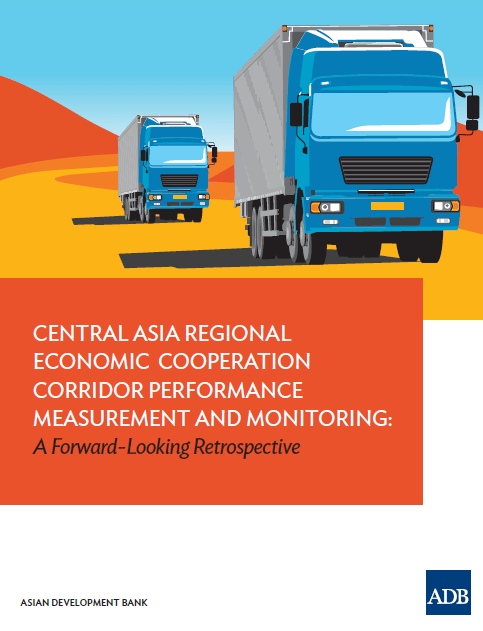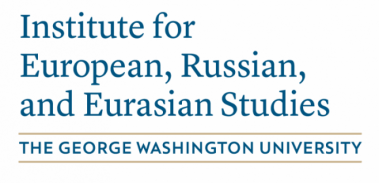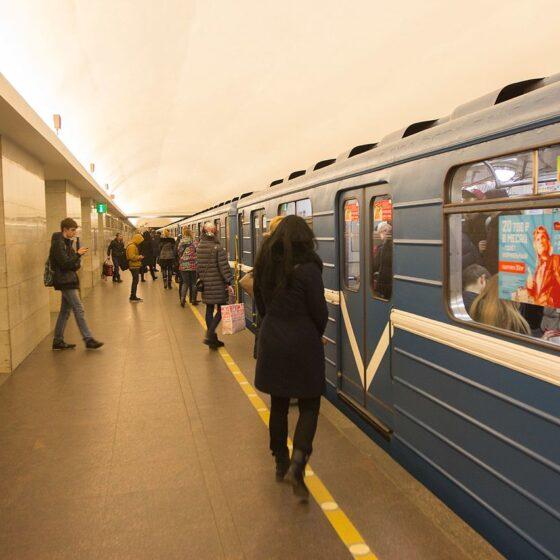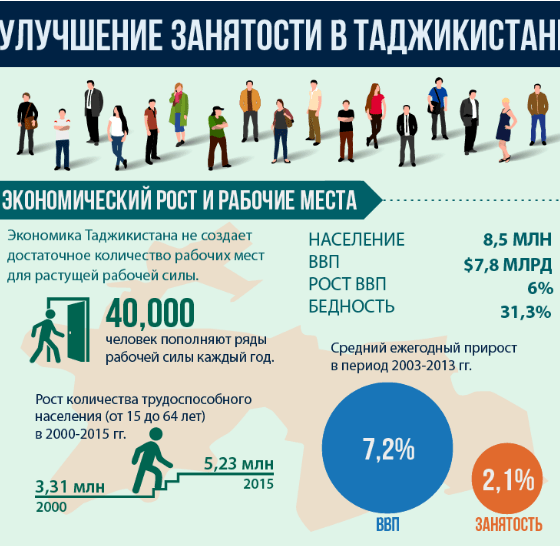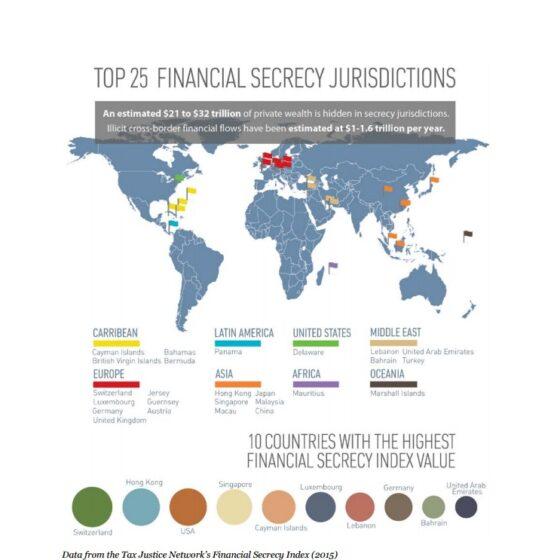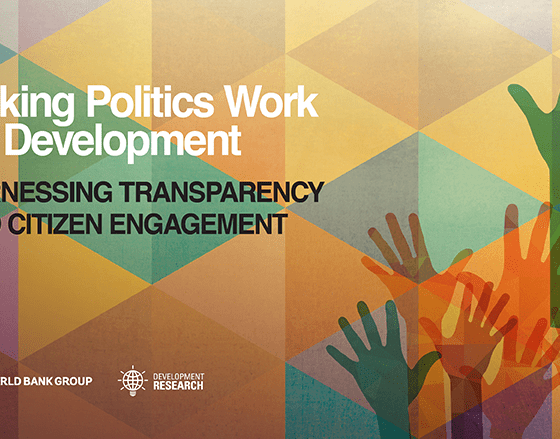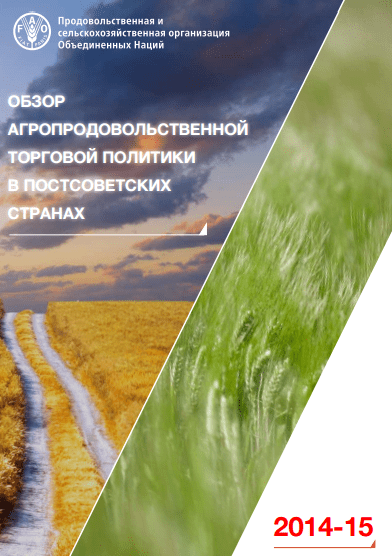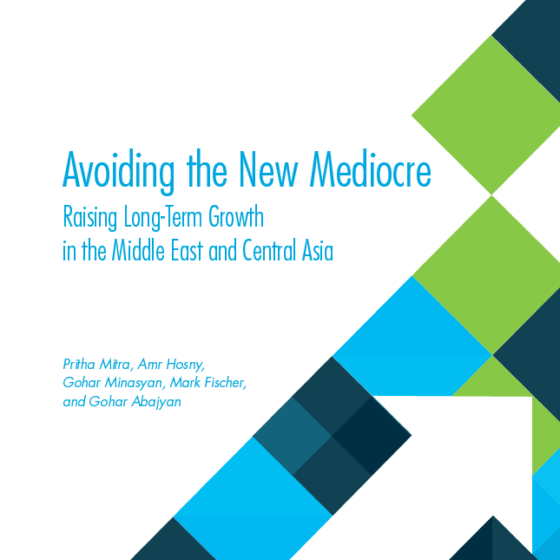The Central Asia Regional Economic Cooperation (CAREC) transport corridors are key conduits, improving connectivity and facilitating cross-border movement in the region. Most CAREC countries are landlocked and rely almost exclusively on overland transport for trade within the region and with markets just outside. Comprising an extensive, but still underdeveloped, network of roads and railways spanning the region, the six CAREC corridors are intended to expand trade and improve competitiveness, and in the process augment regional economic cooperation. The Asian Development Bank (ADB) is working with other development partners to improve physical connectivity within Central Asia by implementing agreements facilitating cross-border and transit trade, and thus expand the region’s economy. A refined CAREC Transport and Trade Facilitation Strategy (TTFS 2020), covering 2014–2020, is guiding this development. Monitoring and evaluating the implementation of TTFS 2020 requires measuring and improving the performance of the CAREC corridors, which will need to be improved. To facilitate trade and transport, bottlenecks and impediments along the corridors must be identified and removed. This report describes how process-based corridor performance measurement and monitoring (CPMM) methodology captures data on the time and cost of moving freight within the CAREC region, particularly at border crossing points (BCPs), to spur operating efficiency, reduce bottlenecks along the CAREC corridors, and thus improve international and regional trade flows. The report presents the CPMM methodology and discusses the roles and responsibilities of key stakeholders, especially in the private sector. Despite the challenges of measuring corridor performance in the CAREC context, efforts are being made to provide accurate and reliable indicators. The depth of data and the richness of information provided by CPMM—which has been used to measure CAREC corridor performance since 2009—will contribute to detailed and well-grounded policy making and implementation.
CENTRAL ASIA REGIONAL ECONOMIC COOPERATION CORRIDOR PERFORMANCE MEASUREMENT AND MONITORING A Forward-Looking Retrospective
